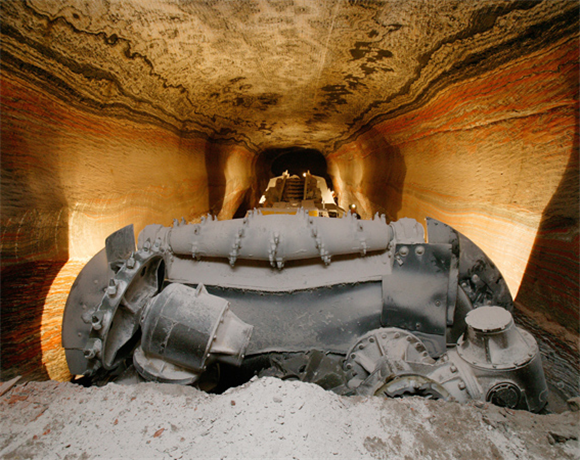Uralkali, the world’s largest potash company by production, might need to review its annual production target for this year after a flood in one of its mines decreased first-quarter volumes. Production decreased to 2.7 million metric tons from 2.93 million tons a year earlier. In 2015, the company has initially intended to produce 10.2 million tons but this target may have to be reviewed depending on demand and the state of the flooded Solikamsk-2 mine.
In mid-November 2014, salty water started pouring into Uralkali’s mine dissolving potash, a form of potassium. The company later admitted that there is a high risk that Solikamsk-2 will be completely flooded, forcing it to abandon the mine that accounts for almost 20 percent of its capacity. The flooding may also be affected by Russia’s spring high-water season from mid-May to the end of June. Uralkali is currently cooperating with partners at home and abroad to find a technical solution that would make it possible for the company to carry on backfilling the excavated areas of the mine.
According to Oleg Petropavlovskiy of BCS Financial Group, the results from the first three months of this year reflect Uralkali’s efforts to “debottleneck” potash supply to make up for the loss of Solikamsk-2. He moreover thinks that the company might increase its output to keep its top spot in the market.
Uralkali’s assets consist of 5 mines and 7 ore-treatment mills situated in the towns of Berezinki and Solikamsk in Perm Region in Russian Federation. The company produces standard and granular potassium chloride (KCI) and supplies it to more than 60 markets with the most important customers being Brazil, China, India, Southeast Asia, Russia, US, and Europe. Uralkali employs more than 11,000 people in the main production unit.




